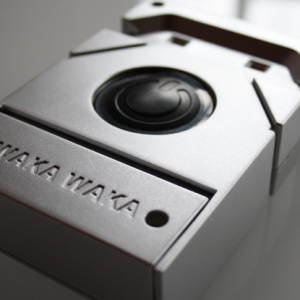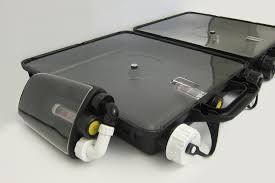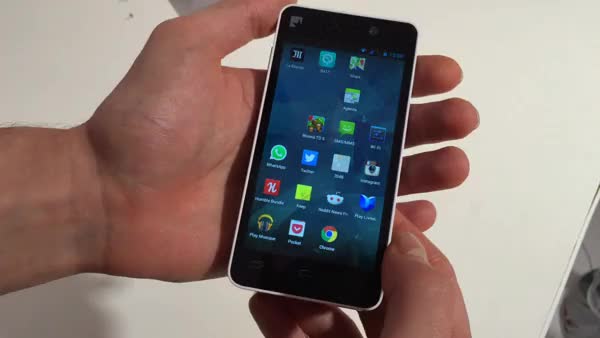
Since 2013, the Dutch company Fairphone have been selling “socially responsible” smartphones. An alternative to the other machines currently making up the bulk of the market that are impossible to repair and produced in opaque conditions.
It’s one of the great paradoxes of our consumerist society: the smartphone, a great tool for communication, information and, for some, emancipation but also one of the most visible symbols of economic inequality across the world.
Many smartphones, as we know, are manufactured in Chinese factories at an infernal rate in deplorable working conditions – and in complete opacity which makes it very difficult to recycle these devices without knowing exactly what is inside them. However, even before the manufacturing stage, the metals which are used to make their circuits are excavated by extremely poor workers in mines which are brutally exploited, in both Africa and South East Asia. Some of these metals (gold, tantalum, tin, tungsten, cobalt, coltan) come from areas besieged with conflict: armed groups control the exploitation of these “blood minerals” and take all the profit, at the expense of the local populations. Of course, all of this occurs without any respect for basic labour rights. 80% of the coltan reserves are found in the Democratic Republic of the Congo and according to Unicef more than 40,000 children are working in the cobalt and copper mines in the Katanga province, whereas in the Kivu region armed militia groups control the coltan mines. These mines are not managed in a sustainable way: according to a 2013 report from the United Nations Environment Programme, the copper, silver, gold, palladium and tantalum reserves are in a critical state.
The design of telephones is deliberately hostile to re-use and recycling
And the situation is not much brighter at the other stages of a smartphone’s life. In a report on the issue submitted on 28th September 2016, the environmentalist senator Marie-Christine Blandin (North) wrote that “the design of telephones is deliberately hostile to re-use and recycling”, pointing to an “innovation race” which hinges largely on planned obsolescence – the inability for consumers to get their devices repaired to encourage them to purchase them again. As the recycling process is also poorly organised, she estimates that out of the 25 million telephones placed on the market in France each year, only 15% are collected to be repaired, re-used or recycled.
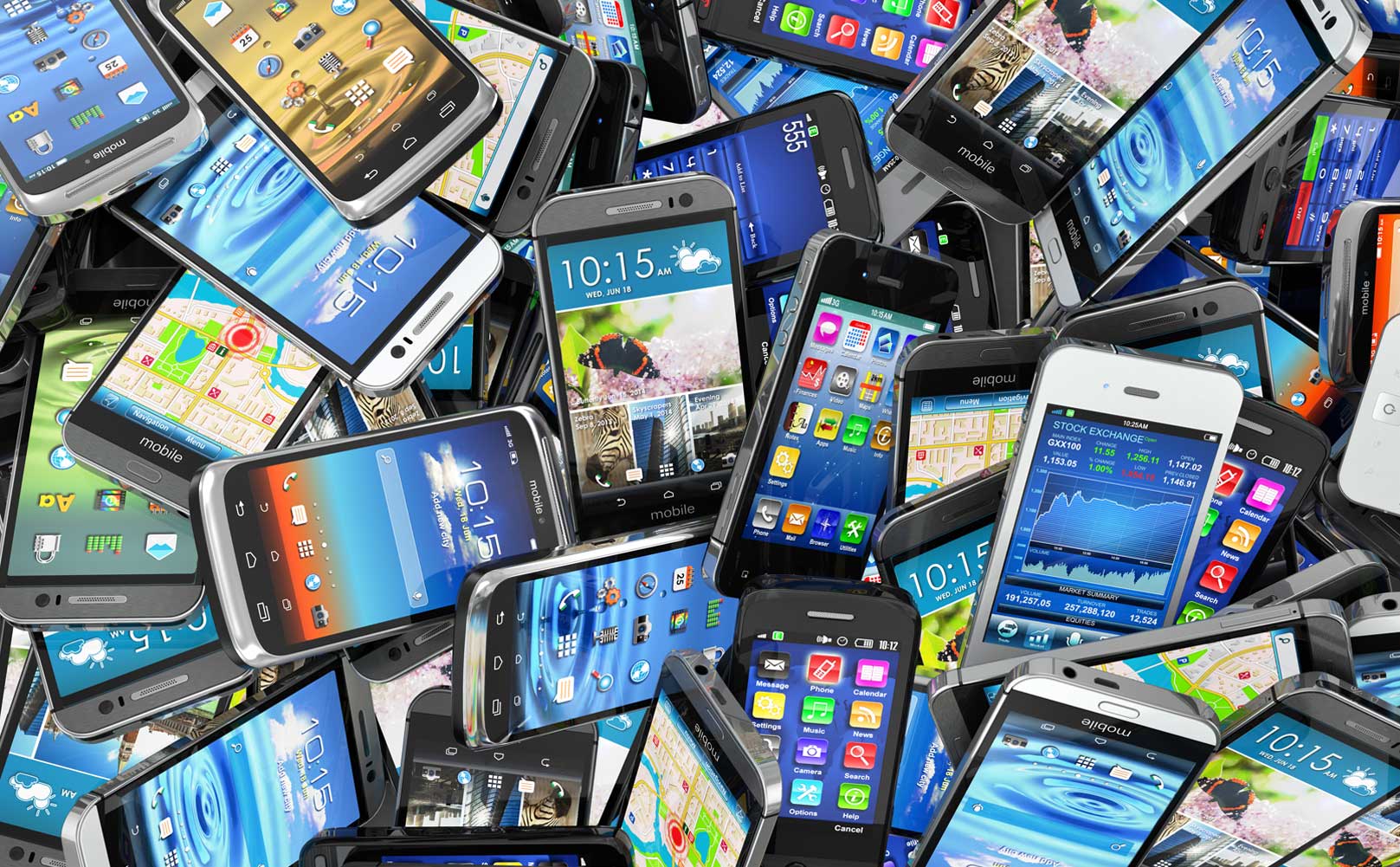
The first telephone to carry a Fair Trade label
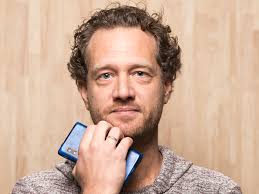 In short, however you look at it, the evidence is damning. Furthermore, as the large manufacturers continue to place opacity at the top of their agenda and pin the blame on their distant subcontractors, we can’t really expect a significant improvement any time soon. That’s where the Dutchman Bas van Abel comes in. In 2010, he decided to manufacture a socially responsible alternative to our smartphones which are nothing to be proud of. From the beginning his ambition has been to tackle all the different links in the production chain. Even though he quickly understood that it would be impossible to guarantee a smartphone that was marked as 100% fair trade, he made a few key commitments: a better redistribution of profits along the whole production chain; controlling where the different components come from to avoid financing armed groups; recycling old telephones with the Dutch NGO Closing The Loop who operate in Ghana; using less energy and facilitating repair and recycling. In the Democratic Republic of the Congo, he found cobalt mines that are not controlled by armed groups. In China, he found a partner who was committed to the working conditions of their employees. He is even the first person in the electronics industry to use fair trade gold. The result, which was launched at the end of 2013 and financed by 25,000 pre-orders, is called the Fairphone. Two other models followed, the Fairphone 2 in 2015 (the first telephone to receive the Max Havelaar Fair Trade label) and the Fairphone 3, coming in 2018. Using an Android operating system, the smartphone is sourced, produced and recycled in a fairer and more environmentally-friendly way, but, above all else, its key message focuses on a rejection of planned obsolescence. Removable, modular and reparable, it’s “designed to last” thanks to the spare parts sold by Fairphone.
In short, however you look at it, the evidence is damning. Furthermore, as the large manufacturers continue to place opacity at the top of their agenda and pin the blame on their distant subcontractors, we can’t really expect a significant improvement any time soon. That’s where the Dutchman Bas van Abel comes in. In 2010, he decided to manufacture a socially responsible alternative to our smartphones which are nothing to be proud of. From the beginning his ambition has been to tackle all the different links in the production chain. Even though he quickly understood that it would be impossible to guarantee a smartphone that was marked as 100% fair trade, he made a few key commitments: a better redistribution of profits along the whole production chain; controlling where the different components come from to avoid financing armed groups; recycling old telephones with the Dutch NGO Closing The Loop who operate in Ghana; using less energy and facilitating repair and recycling. In the Democratic Republic of the Congo, he found cobalt mines that are not controlled by armed groups. In China, he found a partner who was committed to the working conditions of their employees. He is even the first person in the electronics industry to use fair trade gold. The result, which was launched at the end of 2013 and financed by 25,000 pre-orders, is called the Fairphone. Two other models followed, the Fairphone 2 in 2015 (the first telephone to receive the Max Havelaar Fair Trade label) and the Fairphone 3, coming in 2018. Using an Android operating system, the smartphone is sourced, produced and recycled in a fairer and more environmentally-friendly way, but, above all else, its key message focuses on a rejection of planned obsolescence. Removable, modular and reparable, it’s “designed to last” thanks to the spare parts sold by Fairphone.
The young Dutch company must still face a number of challenges. They need to find a “clean” supplier for certain metals and continue to clean up the whole production chain. Furthermore, they will also need to entice Western consumers whose requirements are increasingly difficult to satisfy. This is because, for many, knowing that they have a responsible smartphone in their pockets is not enough; it also needs to have the same capabilities as the market leaders. The technical tests on the Fairphone 2 have not scored it highly, which has restricted the popularity of this new type of telephone to those who are already convinced by it. One imagines that the mission of the Fairphone 3 is to offer a performance which has the potential to win more consumers over to the cause of fair phones.
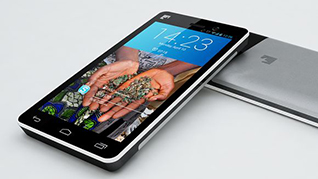
Best practice to discover during the 11th edition of the World Forum for a Responsible Economy
More than a 100 experts from around the world will take part in the WFRE from 17 to 19 October to discuss the technological, societal and economic upheavals of our time and present their reflections and good practices.

